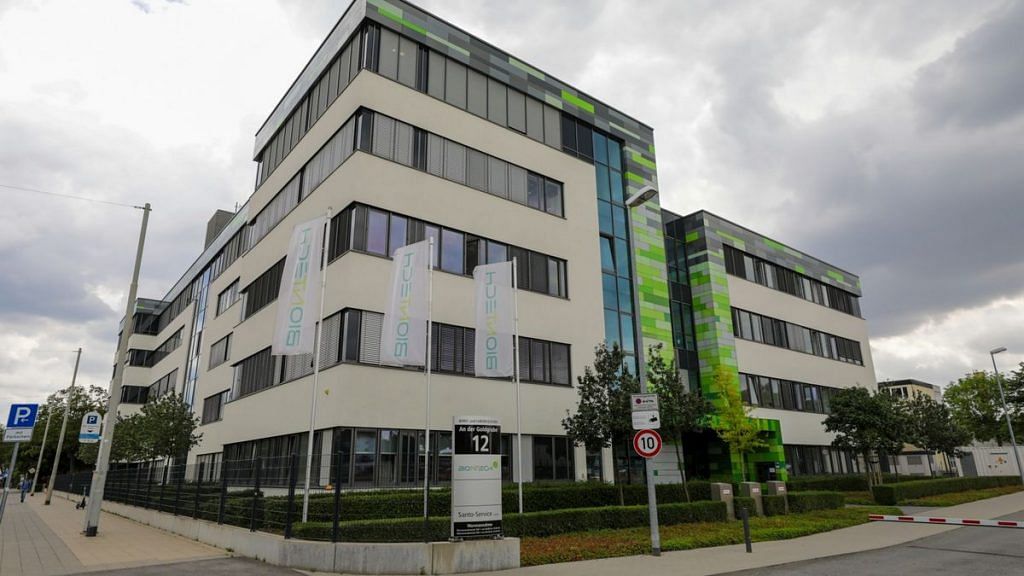New Delhi: The promising news about the Covid-19 vaccine being developed by US-based pharma company Pfizer Inc. and German biotech firm BioNTech SE has put a married Turkish-German couple — doctors Ugur Sahin and Oezlem Tuereci — in the limelight.
Pfizer had Monday said that the Covid-19 vaccine developed by Sahin and Tuereci’s BioNTech prevented 90 per cent infections in a large study, raising hopes that the pandemic that has killed over 1.2 million people worldwide could now being reined in.
According to a Reuters report, 55-year-old Sahin is the chief executive at BioNTech, while Tuereci is a fellow board member at the company. Both are children of Turkish immigrants, and are among the 100 richest Germans today.
Sahin had met Tuereci, the daughter of a physician, early in his academic career, when he worked at teaching hospitals in Cologne and Homburg. The doctors have since devoted their entire lives to harnessing the immune system against cancer, according to the Reuters report.
In 2001, they also set up the Ganymed Pharmaceuticals in Germany to develop cancer-fighting antibodies. However, Sahin, who by then was also a professor at the Mainz University, never gave up research and teaching. Sahin and Tuereci received funding from venture capital firm MIG AG and entrepreneurs Thomas and Andreas Struengmann for Ganymed, but the firm was eventually sold to Japanese pharmaceutical company Astellas in 2016 for an estimated $1.4 billion.
Meanwhile, the team behind Ganymed was also developing BioNTech, founded in 2008, to make a range of cancer immunotherapy tools, including mRNA, a versatile messenger substance to send genetic instructions into cells.
Also read: Why you should not freak out about Covid reinfection stories
Joining hands with Pfizer
In January, Sahin came across a scientific paper on the new coronavirus outbreak in Wuhan and it struck him how small the step was from anti-cancer mRNA drugs to mRNA-based viral vaccines.
In March, BioNTech partnered with Pfizer and Chinese drugmaker Fosun to work on possible compounds to fight the virus.
“It’s certainly not something that you would easily voice as a serious scientist, but it was within the realms of possibility from the beginning,” Sahin was quoted as saying.
Matthias Theobald, a fellow oncology professor at Mainz university, said, “He (Sahin) is a very modest and humble person. Appearances mean little to him. But he wants to create the structures that allow him to realise his visions and that’s where his aspirations are far from modest.”
Also read: Safety, longevity, distribution – the questions Pfizer vaccine will have to answer
